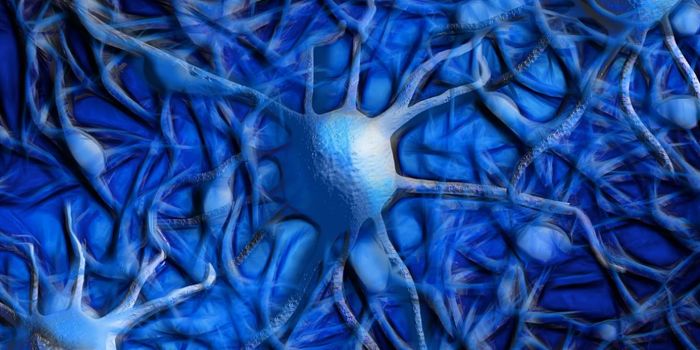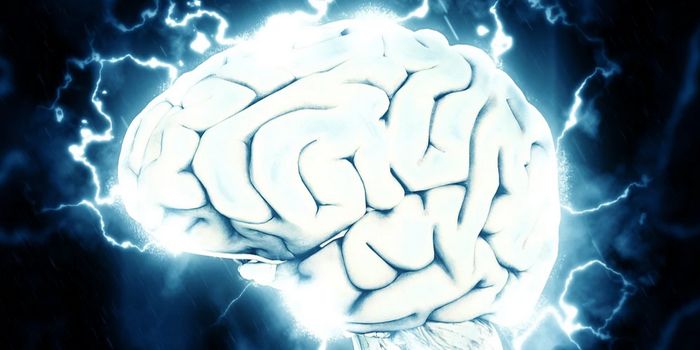Alcohol Metabolism in the Brain Causes Intoxicated Behavior
Researchers from the University of Maryland have found that the effects of alcohol intoxication, like slurred speech and sedation, are due to the breakdown of alcohol products in the brain rather than the liver.
The liver is known as the main organ that metabolizes alcohol. Via an enzyme called alcohol dehydrogenase, it converts alcohol into a toxic compound known as acetaldehyde. This substance is then broken down into acetate, a more benign substance, by another enzyme known as acetaldehyde dehydrogenase 2 (ALDH2).
Until now, researchers have considered alcohol and acetaldehyde to be important in triggering the cognitive impairment associated with ‘getting drunk’. Meanwhile, acetate has been considered as unimportant. Researchers also had little idea how alcohol was metabolized in the brain.
To understand these mechanisms better, the researchers investigated the distribution of the ALDH2 enzyme in the cerebellum (the part of the brain that controls balance and motor coordination) via magnetic resonance scanners in both mice and human tissue.
In doing so, they found that the enzyme was present in the cerebellum inside astrocytes (cells that regulate the transmission of electrical impulses in the brain) in both humans and mice. Further investigation found that this enzyme was implicated in the conversion of acetaldehyde into acetate in the brain.
They also found that acetate interacted with messenger signals called GABA, which have an inhibitory effect on the nervous system. This inhibition is known to cause drowsiness, impaired coordination and lower feelings of inhibition. To see how much of an impact this enzyme had on intoxicated behavior, the researchers removed ALDH2 from astrocytes in mice. In doing so, they noted the mice became resistant to motor impairment from alcohol consumption.
The researchers also noted that ALDH2 was present in other areas of the brain responsible for emotional regulation and decision making, including the hippocampus, amygdala and prefrontal cortex.
All in all, the findings suggest that certain brain regions are important for alcohol metabolism and that abnormalities in enzyme production in these regions are associated with effects related to alcohol misuse. They also suggest that acetate produced in the brain works differently to that produced in the liver when considering motor and cognitive function.
“Our next step is to determine whether these mechanisms observed in mice also exist in people,” says Dr. Qi Cao, one of the study’s authors. “We would like to know whether alcohol metabolism is directly regulated in the human brain. If further research confirms this to be the case, it could lead to potential new targets for treating alcohol use disorder.
Sources: Neuroscience News, Nature









